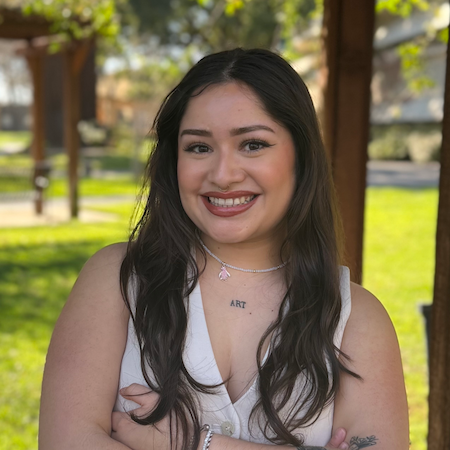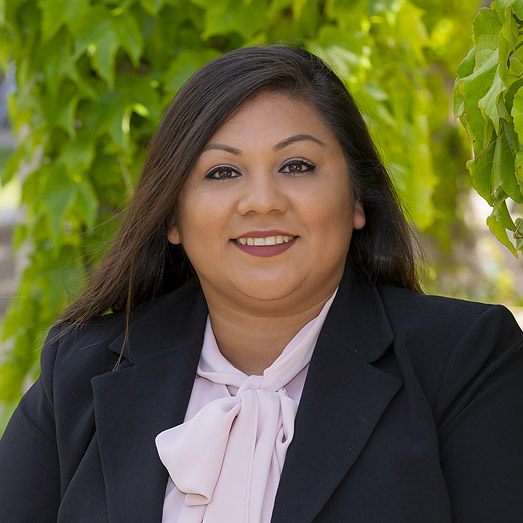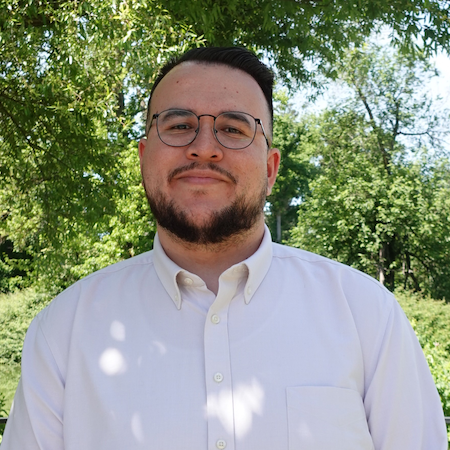About EdInsights

Our Role
EdInsights is devoted to student success and the public benefits of education. EdInsights’ purpose is to conduct research, provide evaluation services, and create collaborative professional learning spaces that inform and advance anti-racist approaches to policymaking and practice so that minoritized student populations have equitable opportunities and outcomes in their public education and career journeys.
How we help
EdInsights helps educators and policymakers create better, more equitable experiences and outcomes for students in three primary ways:
Creating new knowledge
EdInsights conducts rigorous research, develops new insights, and applies this knowledge to make sense of the complex forces and ideas at work in education. We support good decisions for states, systems, institutions, and schools by clarifying options and teasing out implications grounded in research, evaluation, and analysis. We make information accessible to all who can use it to advance student success.
Connecting across systems
The systems that shape student success involve many individuals, institutions, and regions. EdInsights brings people together to facilitate learning, information sharing, and strategic action. In this role, we identify gaps and opportunities to improve policy and practice across systems.
Guiding cycles of improvement
EdInsights provides expertise and assistance through all stages of education policy and practice development—from inception to implementation, evaluation to refinement.
Our Equity Statement
We define educational equity as the condition in which each member of an educational community is provided with adequate and appropriate resources and supports that create opportunities for members to thrive and flourish. Equity is a work in progress.
How We Define Educational Equity
We define educational equity as the condition in which each member of an educational community is provided with adequate and appropriate resources and supports that create opportunities for members to thrive and flourish. Equity is a work in progress. Equity is made possible through acknowledging and dismantling systemic barriers while actively transforming policies and practices that have historically and continuously overlooked and devalued the needs of minoritized populations and those from less affluent or privileged backgrounds. Notably, this requires an intersectional approach, as having multiple intersecting minoritized identities compounds the disproportionate impact of systemic inequities.
How We Approach Our Work and Who We Impact
As a center, we are aware of how our choices impact the landscape of higher education. Working to advance equity requires intentionality in how we approach research, support professional learning, decide which projects we develop and pursue, and structure our organization. As knowledge producers, we strive for honest and transparent data collection, analysis, and delivery of findings. As connectors and conveners of those who work in the field of education, we support learning about new approaches to policy and practice that lead to equitable outcomes for students, including how to engage lawmakers across the state. We aim to consistently ask ourselves and each other to identify the biases and assumptions that are perpetuated by the systems of oppression we learned from and that we currently operate within.
We engage in collaborative research, evaluation, and activity planning with our partners, clients, and constituents. Through transparent and thoughtful dialogue, we actively work toward dismantling oppressive frameworks in order to reduce privileged biases in our work and workplace. We engage with and understand how historical and ongoing research on minoritized populations has perpetuated inequity and fueled injustice.
Collectively, we aim to advance equitable access to resources and supports, opportunities for success, and positive outcomes across educational systems for each member of the educational community (i.e., students, staff, faculty, administrators, and executive leadership). We intentionally consider how the goals and intended outcomes of a project align with the aims of our organization and foster equity in broad access public systems of higher education. In an effort to work toward our vision of educational equity, our work focuses on advancing equity for People of Color while recognizing the role of intersecting identities including gender, sexual identity, citizenship status, national origin, dis/ability, socioeconomic status, religion, and age in shaping disparate educational experiences. We use the phrasing “People of Color” as a broad term to include people who identify as Black, African-American, Asian, South Asian, Middle Eastern, Pacific Islander, Latinx, Chicanx, Native American, and multiracial, but do name specific groups in our data collection and reporting when able to.
As an organization, we are committed to fostering a diverse and inclusive workplace by employing equitable hiring practices and ensuring that diverse voices and opinions are not just solicited, but centered and celebrated. We are committed to engaging in collective learning and discussion to further our understanding and application of equity as individuals and as an organization. We know that there is always room to listen more, learn more, and grow.
Our Framework for Understanding and Applying Equity in Education
Equity is a practice that requires both acknowledgment and understanding of the injustices perpetuated through systems of subjugation (e.g., white supremacy, patriarchy, heteronormativity) that have resulted in disproportionate access to resources and supports, opportunities, and the ability to thrive. Historical inequities affect both those who work within the institution as well as those who the institution is designed to serve, stifling individual-level opportunities and access to resources and supports at a systemic level. Aggregate data reveals evidence of gaps in students’ educational access and outcomes by race, as well as gaps in hiring and promotion opportunities for staff and faculty by race and other intersecting identities. Using equity as a framework, we understand these disparities as a product of structural racism and institutional discrimination, and not as a reflection of one’s ability, capacity, or pedigree.
Advancing equity requires a commitment to racial, social, and environmental justice, antiracism, and turning knowledge of historical injustice into a framework for action. We strive toward building an equitable higher education system in which People of Color within the educational community no longer experience disproportionate access to opportunities and outcomes.
Terms and Concepts Explained
How We Work
EdInsights helps support student success by providing the following capabilities to our partners in education, philanthropy, and government.
Research
We conduct applied research to create bodies of knowledge on key issues relevant to student success. Our qualitative and quantitative studies are enriched by our understanding of contextual issues that affect our education system, including student perspectives.
Evaluation
We evaluate programs to assess active policies and practices that feed cycles of continuous improvement and to understand the effects of public investments on institutional change. We conduct formative and summative evaluations and partner to help those involved understand results and apply lessons learned.
Professional Learning
We manage two professional learning initiatives to bring people together, build knowledge and leadership, and support student success: The CSU Student Success Network and the California Education Policy Fellowship Program.
Our Funders
EdInsights receives financial support from the following entities.
Our People
EdInsights has deep expertise in applied research, analysis and development, as well as research and design, evaluation, writing and communications.




















